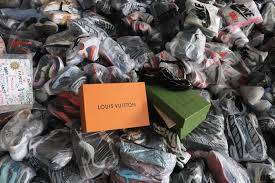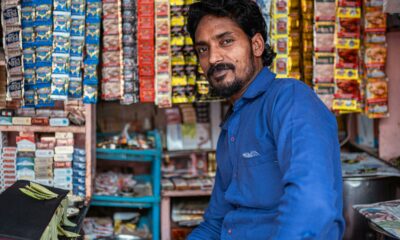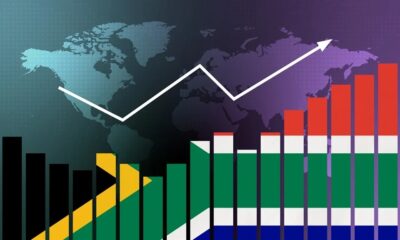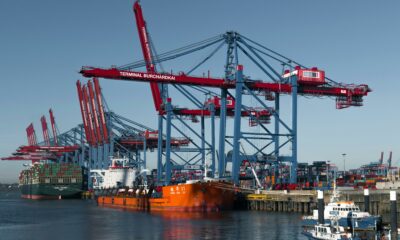Walk through the bustling markets of Durban or the vibrant street stalls of Pietermaritzburg, and you’ll see them: rows of brand-name shoes, stylish clothing, and popular electronics, all available at unbelievably low prices. While the bargain might be tempting, the true cost of these counterfeit goods is being paid by the entire province of KwaZulu-Natal, in the form of lost jobs, shuttered factories, and a weakened economy.
This isn’t just a story about fake labels; it’s about a parallel illicit economy that is systematically undermining legitimate business and robbing the province of its economic future.
More Than a Knock-Off: A Direct Blow to Local Industry
The most immediate victim of the counterfeit trade is the local manufacturer. Why would a consumer pay R500 for a pair of locally made sneakers when an almost identical-looking counterfeit version is selling for R150 just down the road?
This price pressure is devastating. Legitimate businesses, which pay taxes, adhere to quality and safety standards, and provide formal employment, simply cannot compete with criminals who bypass all these costs. The result is shrinking profit margins, reduced production, and ultimately, factory closures and layoffs. For every container of fake goods that enters the market, there is a real risk that a local workshop has to let go of its staff.
The Ripple Effect: Lost Jobs and Lost Revenue
The impact of a single local factory closing creates a ripple effect throughout the community. It’s not just the factory workers who lose their jobs; it’s the suppliers, the transport companies, and the local spaza shops that lose customers.
Furthermore, this illicit trade starves the government of critical tax revenue. Legitimate sales generate VAT and company tax, money that is essential for funding public services like schools, clinics, and road maintenance in KZN. The counterfeit economy operates entirely in the shadows, contributing nothing to the public purse while still using public infrastructure. This creates a heavier tax burden on the remaining compliant businesses and citizens.
A Threat to Consumer Safety and Health
Beyond the economic damage, the counterfeit trade poses a direct risk to public safety. Fake electrical goods are often fire hazards, counterfeit cosmetics can contain harmful substances, and fake pharmaceuticals can be lethal. Unlike regulated products, these items enter the market with no quality control, putting unsuspecting consumers at risk every day.
The Path Forward: Awareness and Action
Combating this crisis requires a multi-pronged approach. Strengthening border controls and customs enforcement is crucial to stop the flood of fakes at the source. Law enforcement also needs the resources to dismantle the sophisticated distribution networks within the province.
Perhaps most importantly, consumer awareness is key. The choice to buy a counterfeit product is often seen as a victimless crime, a smart way to save money. The reality is that this choice has real consequencesit could be contributing to your neighbour losing their job or your community losing a vital service. Supporting legitimate, local businesses is an investment in KZN’s own economic health.
The fight against counterfeit goods is not about protecting big brands; it’s about protecting KwaZulu-Natal’s own economic heartbeat. The future of the province’s job market and prosperity depends on choosing the real deal over a damaging fake.




























